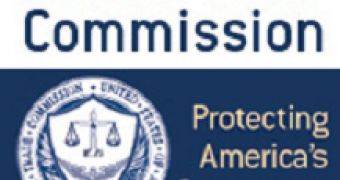The SMS messages that advertise free gift cards allegedly offered by retailers such as Target, Best Buy or Walmart are highly common these days. After receiving numerous complaints, the US Federal Trade Commission (FTC) charged a total of 29 defendants believed to be responsible for sending over 180 million unwanted messages.
The scheme is simple. The scammers send out SMS messages promising free gift cards which instruct recipients to visit a certain website.
On this website, users are requested to provide all sorts of personal information, which in many cases is sold to third parties for marketing purposes.
Once the information is provided, victims are taken to another site where they are told to participate in several “offers” in order to become eligible for the prize. In many cases, the offers required users to provide credit card information for subscriptions to various services.
The defendants, both individuals and companies, are accused not only of sending the spam messages, but also of operating the deceptive websites that promise the allegedly free gifts.
Phil Flora, an individual banned in 2011 by the FTC from sending spam messages, is also believed to be involved in such scams.
The complaints filed by the FTC target Superior Affiliate Management, Rentbro, Inc., Jason Q. Cruz, Rishab Verma, AdvertMarketing, Henry Kelly and Seaside Building Marketing. Each of these cases has between one and five defendants.
In addition, a complaint has been filed against SubscriberBASE Holdings, Inc., believed to be the operator of the bogus websites.
“Today's announcement says ‘game over’ to the major league scam artists behind millions of spam texts,” said Charles A. Harwood, acting director of the FTC’s Bureau of Consumer Protection.
“The FTC is committed to rooting out this deception and stopping it. For consumers who find spam texts on their phones, delete them, immediately. The offers are, in a word, garbage.”

 14 DAY TRIAL //
14 DAY TRIAL //